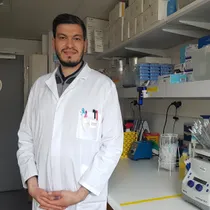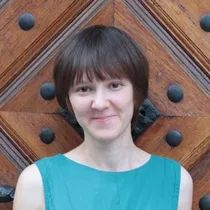Presentation

Innate immunity is an ancient and universal form of defence against damages, threats and pathogens such as viruses. How the innate immunity distinguishes self from non-self (e.g. viruses) inside cells remains poorly understood. As a result, the ability to exploit innate immunity for anti-viral treatments, vaccines or cancer immunotherapy has remained limited.
The lab investigates the regulation, function and application of innate immunity. Our goal is to discover the molecular mechanisms that enable the immune system to distinguish self from non-self inside cells. We study HIV, other viruses and auto-immunity and development of the immune system. We use primary human immune cells, mouse models, cell lines and computational tools. We develop applications of our research for clinical use.
For more information, click on the following link Nicolas Manel Lab.















